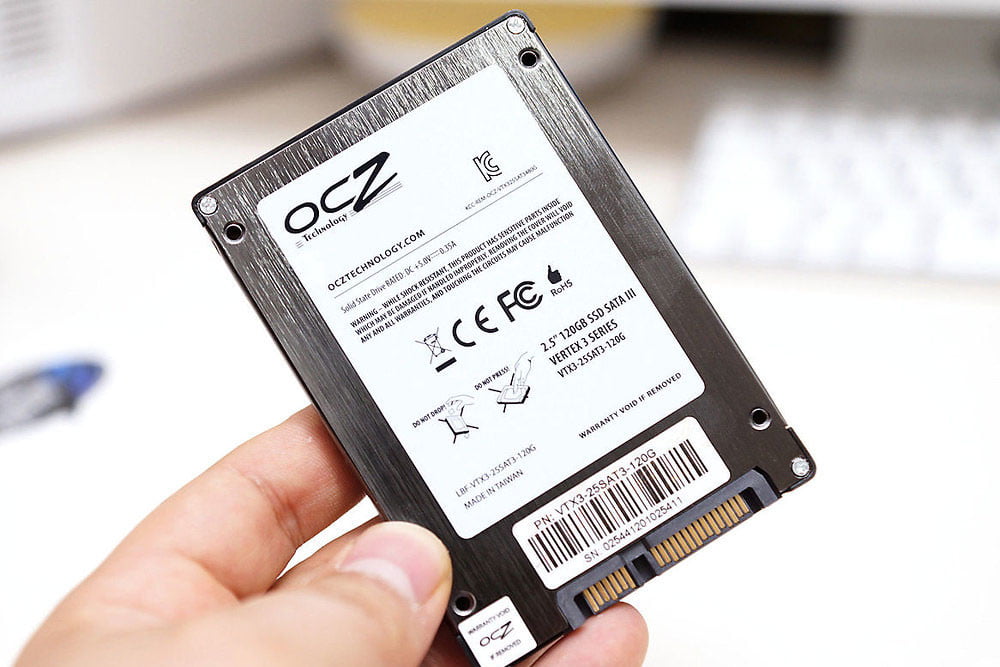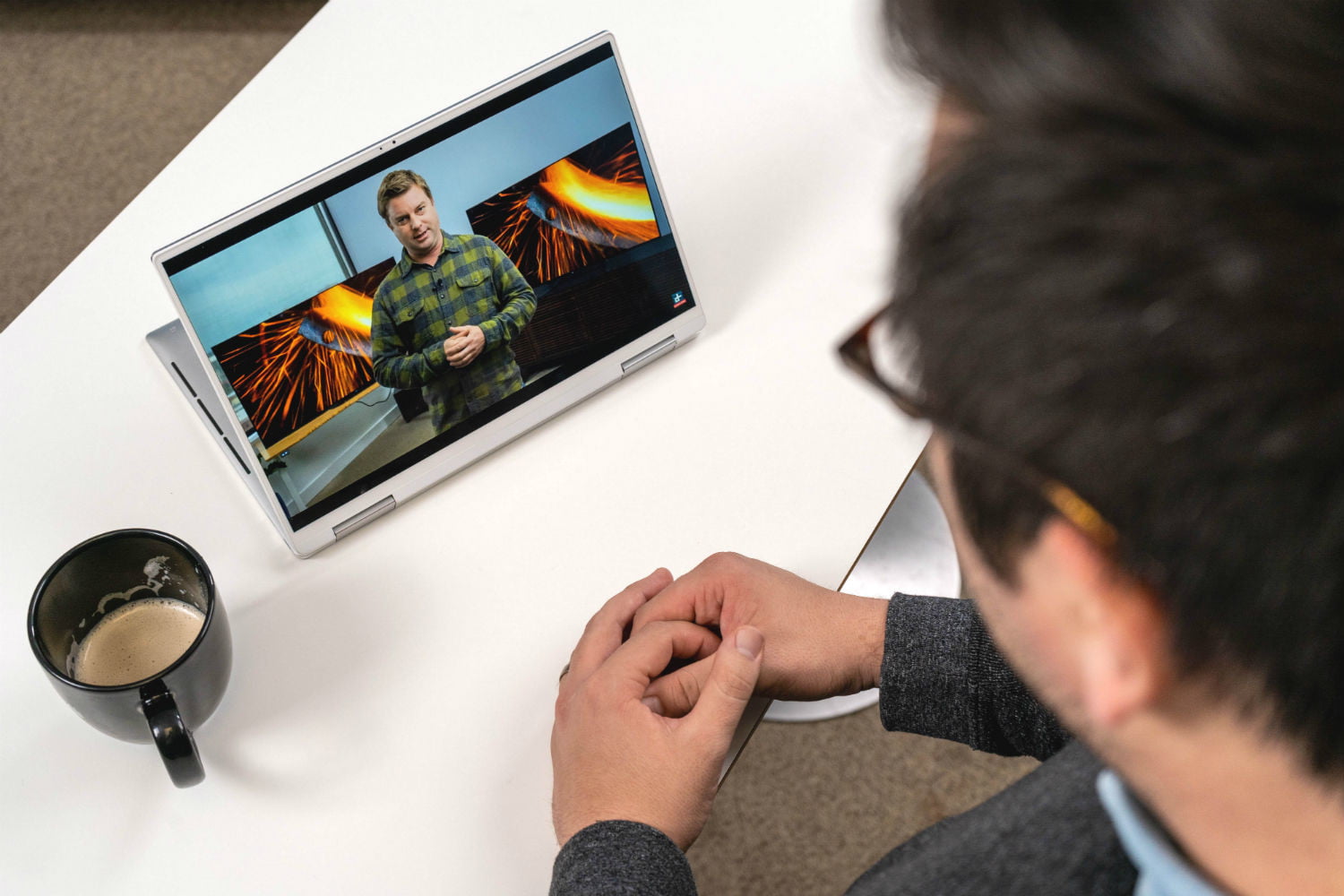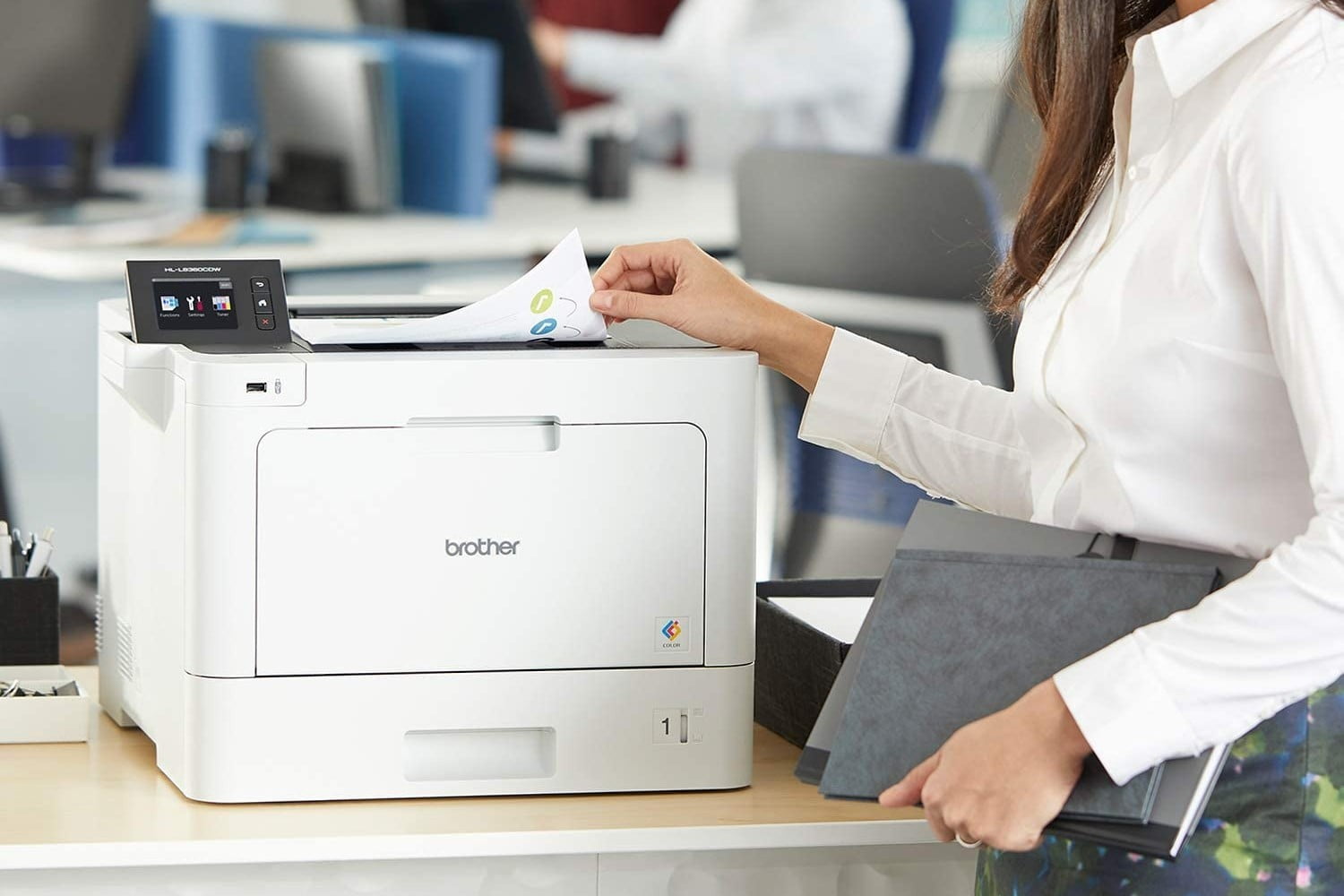SSDs, or solid-state drives, were new technology less than a decade ago but have rapidly become the norm over the past few years. That’s simply because they’re much faster and more reliable than platter-based drives (thanks to the fact that SSDs have no moving parts that can wear down and break), but they’re still more expensive per gigabyte than standard HDDs, so a discount is always welcome. If you’re looking to expand your computer’s storage or you need a portable pocket-friendly solid-state drive and you’re on a budget, you’ve found the right place. We’ve got all the best cheap SSD deals of the month right here.
The best SSD deals to shop today
How to choose an SSD
Computer hardware keeps getting better, faster, and smaller, and recent advances in data storage technology have also been impressive (even if hard drives admittedly aren’t as exciting as CPUs and graphics cards). The introduction of solid-state drives, so-named due to their lack of moving parts in contrast to older hard drives which store data on rotating platters, has sparked a small revolution by offering fast and reliable storage that delivers far greater read/write speeds than the HDDs of yesteryear.
Solid-state drives store data on static chips in a fashion not dissimilar to USB flash drives. Standard internal SSDs typically follow the 2.5-inch form factor that has been used in laptops for a while now (in contrast to the bulkier 3.5-inch HDDs often found in desktop PC towers), and given the smaller size of solid-state drives and the fact they’re much cheaper than they once were, there are also plenty of portable USB external SSDs on the market today.
For internal SSDs, you have two form factors to consider: A more traditional 2.5-inch drive or an M.2 stick. The 2.5-inch SSDs have been commonly found in laptops for years, but M.2 SSDs are becoming more popular. M.2 SSDs look almost like sticks of RAM and slot directly onto a computer’s motherboard — no SATA cables necessary. Their smaller design makes them ideal for laptops, and many laptops now feature these drives (although desktop PC builders are also increasingly using them as well).
Solid-state drives provide several advantages over traditional platter-based hard drives, but there is one notable drawback: storage capacity. More specifically, SSDs are more expensive per gigabyte than HDDs, meaning you’ll pay more for a solid-state than you would for a similarly sized hard drive. That’s the basic trade-off for the SSD’s enhanced read/write speeds and reliability.
If you have more demanding storage needs, a cost-effective solution to this problem is to buy a smaller SSD for use as your system drive (your operating system and primary software will be installed here to take advantage of the faster speeds) and pairing it with a larger HDD for storing bigger files. Many laptops even come with both a solid-state system drive and a hard storage drive, and it goes without saying that you can easily do this with a desktop PC build as well.
Another thing you’ll want to consider when shopping around for SSD deals is the manufacturer’s warranty. Even without moving platters, SSDs are still active parts of your computer that are constantly reading and writing data, and while they’re typically more reliable than HDDs, they can still fail. That’s not something that any of us wants to happen (not least of all because it often involves losing saved work and other important data), but buying from a reputable brand that offers a good warranty is something that’s usually worth the little bit of extra money you’ll pay.


